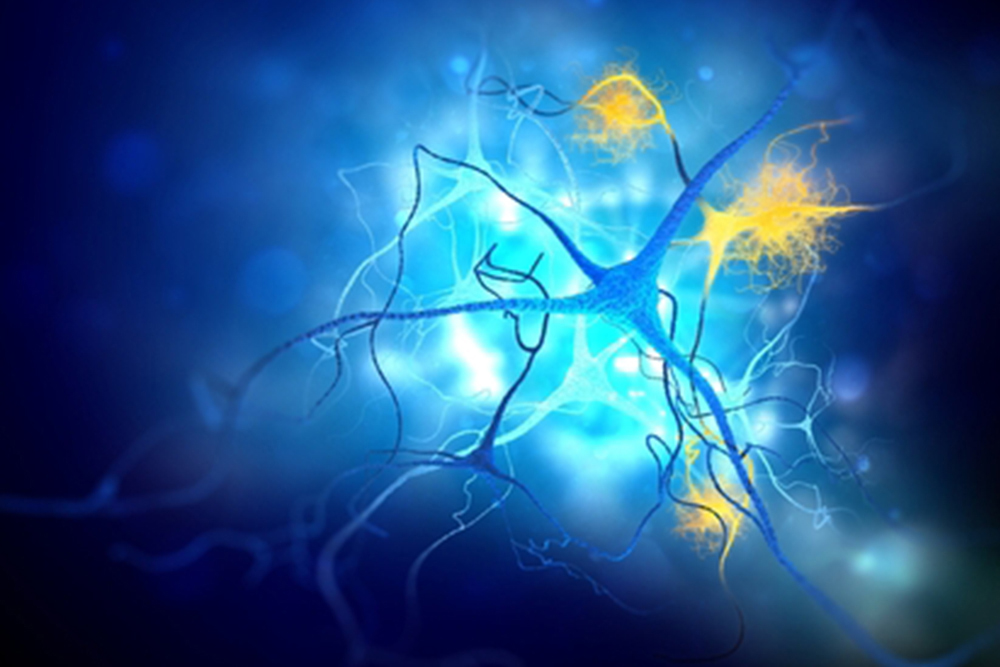This review examines the role of microtubule actin crosslinking factor 1 (MACF1) in bipolar affective disorder (BPAD) pathology and its influence on lithium’s therapeutic effects. As a cytoskeletal crosslinking protein, MACF1 affects the stability of neuronal components essential for function and adaptability. Research indicates that changes in microtubule function and MACF1 interactions are critical to BPAD development, with genetic studies supporting MACF1’s importance. The review also considers how lithium might influence MACF1 activity through the inhibition of GSK3B, a kinase that regulates MACF1.
Expanding on BPAD’s physiological and clinical aspects, the review highlights its genetic roots and the interplay of genetic and environmental factors affecting its clinical manifestation. MACF1 is crucial in neuronal migration, cell polarity, and synaptic function, which are often impaired in BPAD. The review suggests that altering MACF1 activity might enhance lithium’s effectiveness by normalizing disrupted neurobiological pathways in BPAD. Future research could elucidate MACF1’s potential as a therapeutic target and biomarker, deepening our understanding of its role in BPAD treatment efficacy.
Reference: Salem D, Fecek RJ. Role of microtubule actin crosslinking factor 1 (MACF1) in bipolar disorder pathophysiology and potential in lithium therapeutic mechanism. Transl Psychiatry. 2023 Jun 23;13(1):221. doi: 10.1038/s41398-023-02483-6. PMID: 37353479; PMCID: PMC10290092.
Read More > https://pubmed.ncbi.nlm.nih.gov/37353479/








